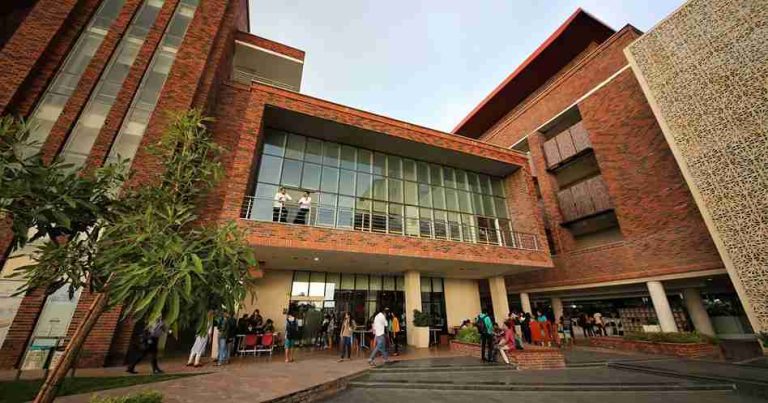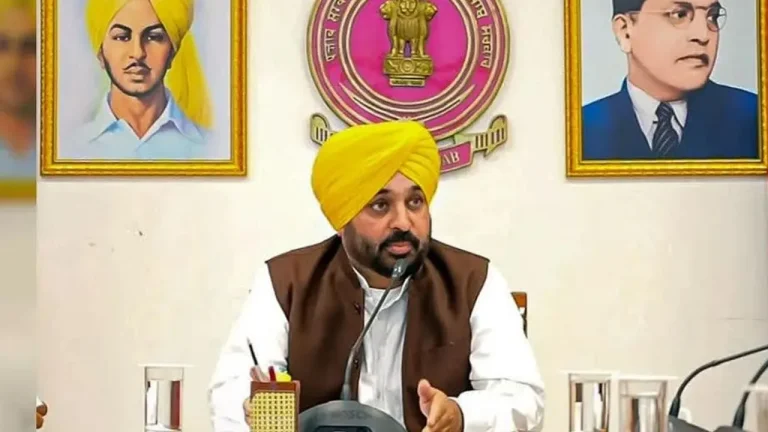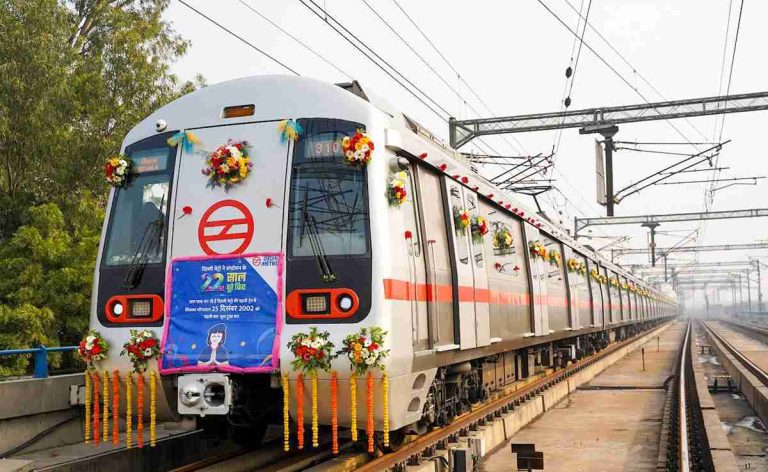Haryana: On January 30, 2025, students at Ashoka University initiated protests against newly implemented security measures that mandate baggage scans and metal detector checks at a different entry point on campus. The Ashoka University protests security measures have ignited concerns over privacy and safety among students, leading to widespread demonstrations that reflect deeper anxieties about personal security in academic environments.
The university administration introduced these measures as part of an effort to enhance campus security following several incidents involving unauthorized access and safety breaches. However, many students feel that these new protocols infringe upon their personal freedoms and create an atmosphere of distrust within what is supposed to be an open academic space.
Protesters have voiced their discontent through social media campaigns and organized rallies on campus. Students argue that while safety is paramount, these measures disproportionately affect their daily routines and create unnecessary barriers to accessing educational resources. “We understand the need for security,” said one student leader during a rally. “But we should not have to sacrifice our privacy or comfort in our own learning environment.”
Many students have expressed fears that constant surveillance could lead to an oppressive atmosphere where they feel monitored rather than supported. The Ashoka University protests security measures have garnered attention not only within the university but also from broader student organizations advocating for civil liberties on campuses across India.
In response to the protests, Ashoka University’s administration has stated that they are committed to ensuring student safety while also respecting individual rights. University officials have emphasized that these measures were implemented after careful consideration and consultation with security experts. They argue that enhanced security protocols are essential in today’s climate where safety concerns are increasingly prevalent on campuses nationwide.
The administration plans to hold open forums where students can voice their concerns directly and engage in constructive dialogue about security policies moving forward. “We want our students to feel safe while also feeling heard,” said a university spokesperson. “We aim to find a balance that addresses both security needs and student comfort.”
The situation at Ashoka University reflects a growing trend across educational institutions grappling with how best to protect students without infringing on their rights. As universities implement stricter security measures in response to rising concerns about campus safety, students are increasingly vocal about their desire for transparency and involvement in decision-making processes.
The Ashoka University protests security measures have sparked discussions about how universities can create secure environments without compromising students’ freedoms or creating an atmosphere of fear. Advocates argue that any security measures should be developed collaboratively with student input to ensure they align with community values.
As protests continue at Ashoka University, it remains clear that students are demanding not just safety but also respect for their autonomy within academic spaces. The outcome of these protests may influence future policies at Ashoka University and potentially set precedents for other institutions facing similar challenges regarding campus security and student rights.
With ongoing dialogues anticipated between students and administration officials, both parties hope to arrive at solutions that prioritize safety while preserving the core values of trust and openness essential in educational environments.










